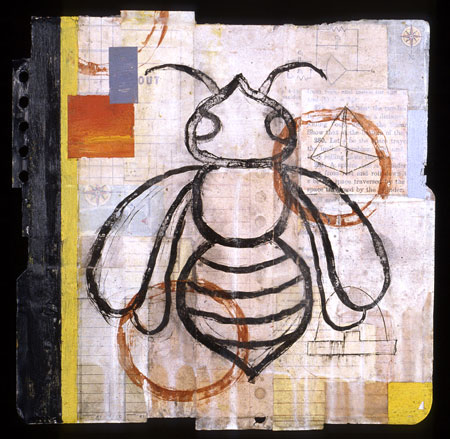| Postcards of the 1930's |

BEE-BOP by David Nez
see more of David's art work
|
The old mother of Dzhaferbeg began to weep:
This version is an incomplete text. Albert B. Lord discusses 45 other texts in the Milman Parry Collection of Oral Literature at Harvard University with the following variants in narrative, all ending with Dzhaferbeg slaying his wife: - He asks his mother for the hand of Adem Kada, and marries her, despite his mother's refusal. - He comes home. His mother complains that the daughter-in-law will not work, and is in their chamber kissing his brother. Overhearing, the wife exclaims to the brother: "And God knows, and you and I, that it is not true!" Dzhaferbeg becomes angry and slays his wife. - He accuses his wife of an affair with his brother. She denies, but he kills her. - The mother does not like her daughter-in-law because she has no children. - The mother explains that she was only joking. - In remorse, he says he will not take a new wife, though the mother says she will find one. - He slays his mother for having caused so much trouble. - He leaves home to wander sadly throughout the world. - He shoots himself.
Translated by Albert B. Lord, in Bela Bartok and Albert B. Lord, Serbo-Croatian Folk Songs (New York: Columbia University Press, 1951), 405. |